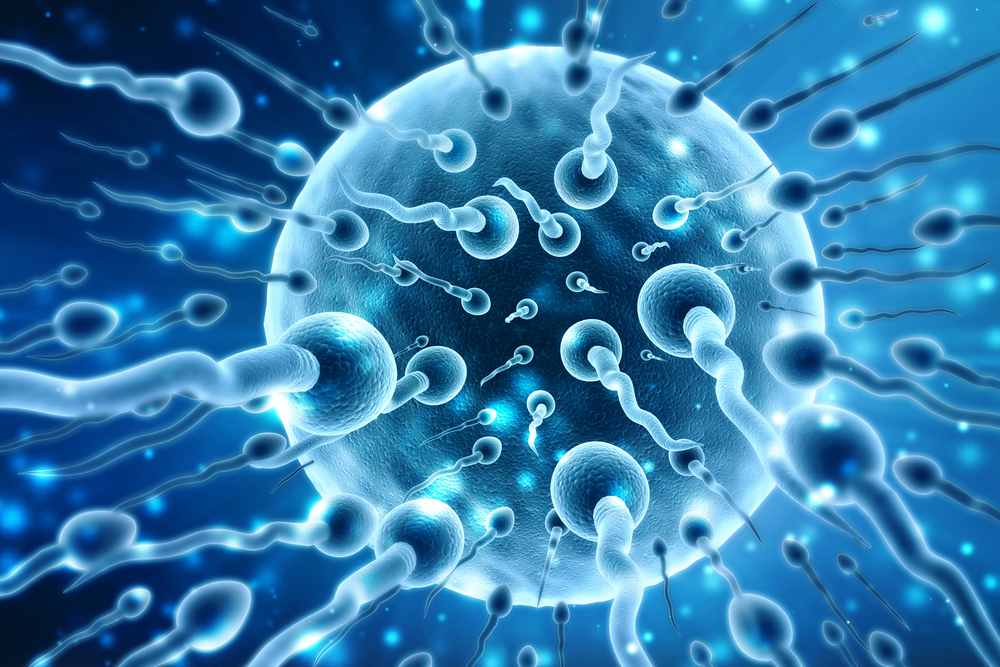Intrauterine Insemination (IUI), or Artificial Insemination, is a type of fertility treatment that involves the direct insertion of sperm into a woman’s womb (uterus) using a thin catheter. The main purpose of Intrauterine Insemination is to increase the number of sperm that reach the fallopian tubes, thus increasing the chances of fertilisation. It is a very low risk procedure.
The process is usually performed just before ovulation and takes around 10 minutes. It is normally pain free, although you may experience some minor cramping, not dissimilar to period pains. Before the insertion, the semen is prepared in a lab to ensure only the best quality sperm is used. Semen contains more than just sperm, so it has to be “washed” in order to remove all of the impurities. If you happen to be using a sperm donor, the donor sperm will be thawed and prepared on the same day as the insemination. You should know roughly 10 – 14 days later whether or not the procedure was successful.
When is Intrauterine Insemination Normally Used?
There are lots of reasons why a person/couple might want to go ahead with Intrauterine Insemination, but it is most commonly offered to those with low sperm count or decreased sperm mobility. It is also offered when there is an unexplained infertility, ejaculation dysfunction or an inability to perform sexual intercourse, and of course it is often the first course of action for single women or lesbian couples using sperm from a known donor or sperm bank.
What Are the Success Rates of Intrauterine Insemination?
The success rates of IUI vary from couple to couple. It depends on a range of factors, including age, overall health and the reasons for infertility. A higher pregnancy rate is expected for women who have not previously tried to achieve pregnancy with a male partner. Intrauterine insemination is a more affordable and less invasive treatment option compared to IVF, but it still requires the sperm to reach and fertilise the egg on its own. This means that IVF is usually more successful in cases where there is an underlying fertility issue.

